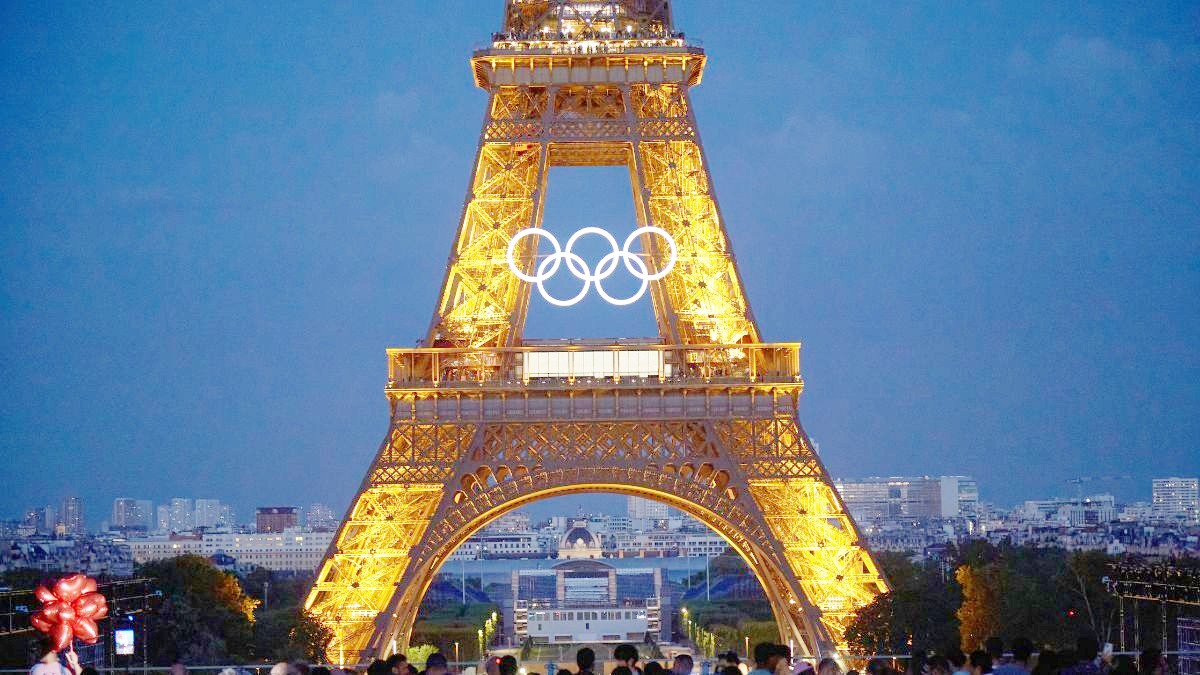The MAGA crew has one more reason to rage on social media, as the opening ceremony of the 2024 Paris Olympic Games has been accused of being “satanic.”
The opening ceremony was meant to be a grand spectacle, showcasing French culture and kicking off the world’s most prestigious sporting event. As the City of Light transformed into a massive amphitheater along the Seine River, athletes from 205 countries paraded in boats, a drastic departure from traditional stadium-based ceremonies. While this innovative approach garnered praise, the event has also been criticized for a series of artistic performances.
Updated on July 28, 2024, at 9:05 am ET.
As it turns out, the MAGA anger was doubly unjustified, as the polarizing artistic presentation was based on Feast of Dyonisius, a French painting that has nothing to do with Christian tradition. The original article continues after the tweet.
Did the 2024 Paris Olympic Games opening ceremony go too far?
One particular act that drew significant criticism was a possible reimagining of Leonardo da Vinci’s The Last Supper, the famous painting depicting Jesus Christ’s final meal with his apostles. In this modern interpretation, drag queens replaced the traditional figures, with one performer wearing a large silver headdress resembling a halo. This provocative display immediately ignited a firestorm on social media, with many viewers expressing their outrage, particularly those from Christian backgrounds. Critics argued that the performance was disrespectful to religious beliefs and traditions, labeling it as blasphemous and even “satanic.”
The controversy even drew comments from political figures. Marion Maréchal, a conservative French politician and European Parliament member, addressed international viewers directly, stating that the polarizing display did not represent the views of many French citizens. She emphasized that the drag queen parody of the Last Supper was a provocation by a left-wing minority and did not speak for France as a whole. It is worth noting that the left parties amassed the majority of chairs in the recent legislative election in France, which makes it hard to consider them a “minority.”
Meanwhile, defenders of the ceremony argue that art should challenge conventions and spark dialogue. They point out that the Olympics have always been a platform for cultural expression and that controversy often accompanies attempts to push artistic boundaries. Thomas Jolly, the artistic director, emphasized that the show was designed to celebrate cultural, linguistic, religious, and sexual diversity in France and worldwide.
Several world leaders expressed their admiration for the ceremony. European Commission President Ursula von der Leyen praised the event for celebrating “global cooperation, solidarity, fairness and athletic perseverance.” Germany’s Chancellor Olaf Scholz described the ceremony as “unique,” highlighting its departure from traditional formats.
While the 2024 Paris Olympic Games opening ceremony certainly pushed boundaries and sparked debates, it also succeeded in many ways. It offered a fresh, inclusive, and artistically ambitious take on the Olympic tradition, celebrating France’s heritage while embracing diversity and innovation. These positive aspects demonstrate that despite the controversies, the ceremony achieved many of its goals in presenting a unique and memorable spectacle to the world.

